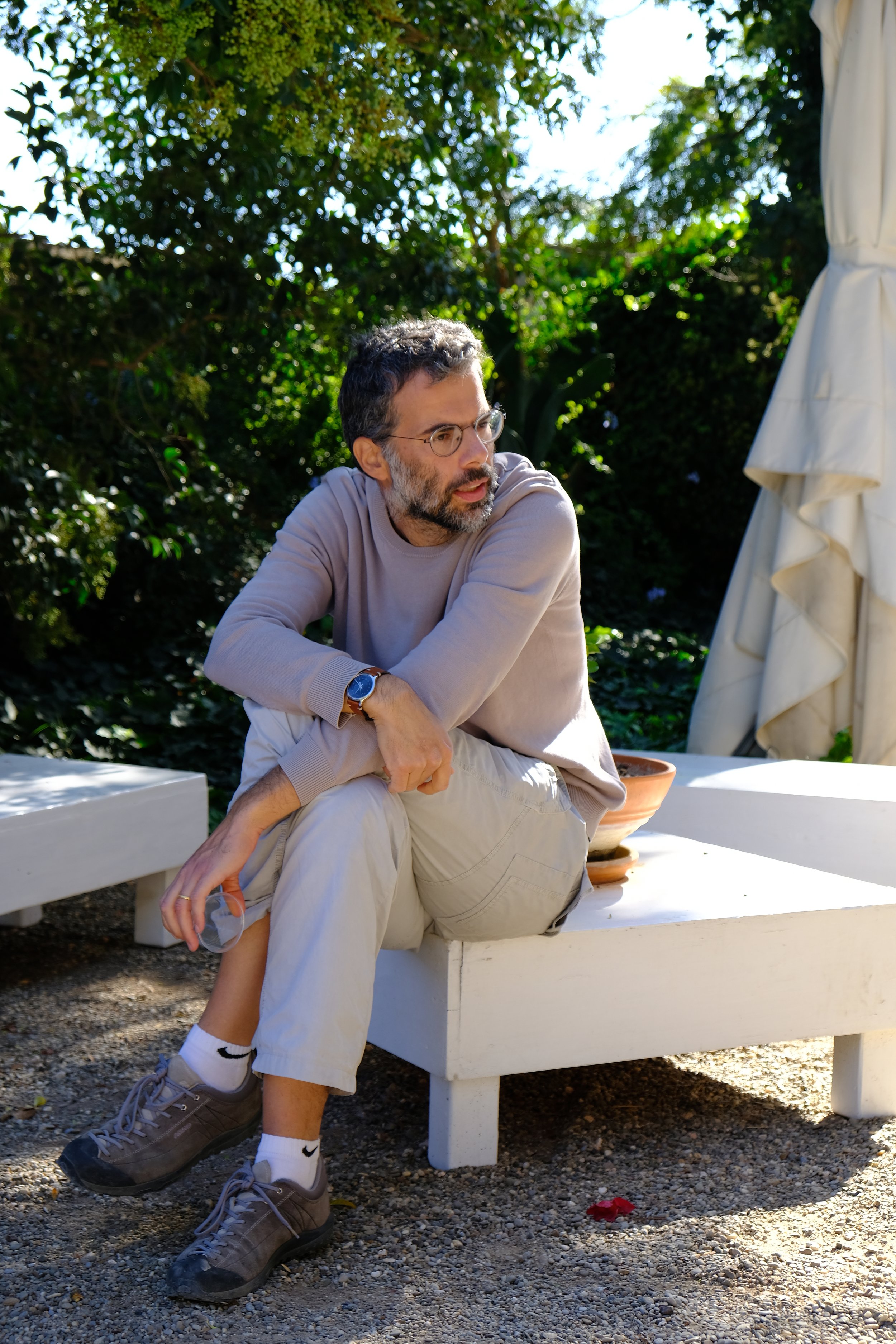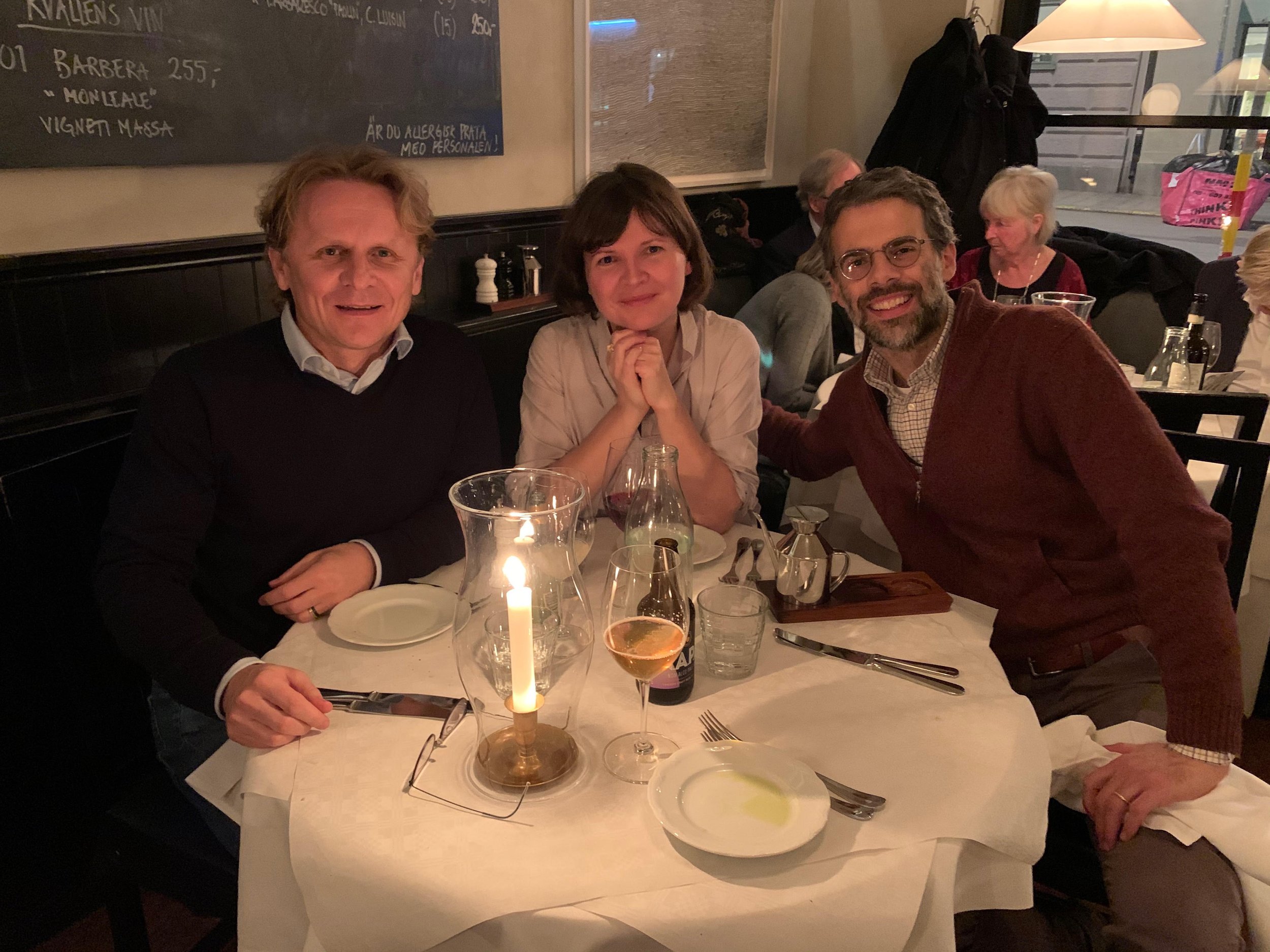Magda graduated in Biotechnology from the Jagiellonian University in Krakow, Poland in 2005. She then joined the Dikic Lab at the Goethe University in Frankfurt, Germany, where she obtained her PhD in Biochemistry in 2010. During her PhD, she discovered non-proteolytic roles of ubiquitin in regulating DNA damage responses.
As a postdoc, supported by a Human Frontier Science Program Fellowship, she made a field transition by joining the van Oudenaarden Systems Biology Lab at MIT, USA. There, she developed new methods for visualizing individual DNA and RNA molecules in single cells (HD-FISH).
In 2015, Magda was appointed Assistant Professor at Karolinska Institutet and Fellow of the Science for Life Laboratory in Stockholm, where she started her own Lab for Quantitative Biology of the Nucleus. As an ERC Starting Grant awardee, Magda and her lab pioneered GPSeq, the first genome-wide high-resolution method for profiling radial distances of DNA loci in the nucleus.
Magda is currently a Group Leader at the Department of Microbiology, Tumor and Cell Biology (MTC) at the Karolinska Institute and at Human Technopole in Milan. In 2023, she received an ERC Consolidator Grant with a project (RADIALIS) focused on further unraveling the radial organization of chromatin.
Magda’s main research interest is in understanding the forces and mechanisms that determine how chromatin is spatially arranged in the nucleus and how disruption of the higher-order chromatin structure contributes to pathogenic processes.
Magda Bienko
Nicola graduated in Medicine from the University of Pavia, Italy in 2003. He then specialized in Medical Oncology at the University of Turin, Italy in 2008, and obtained a PhD in Molecular Biology in the Dikic Lab at the Goethe University in Frankfurt, Germany in 2011. As a PhD student, Nicola developed BLESS, the first method for genome-wide profiling of DNA double-strand breaks, at a time when NGS technologies were still in their infancy.
He then joined the van Oudenaarden Systems Biology Lab at MIT, USA, (2011-2013) and later at the Hubrecht Institute in the Netherlands (2013-2014), as a postdoctoral researcher.
In 2015, Nicola was appointed Assistant Professor at Karolinska Institutet and the Science for Life Laboratory in Stockholm, Sweden. There, he has been focusing on developing cutting-edge sequencing and microscopy methods to investigate genome fragility and 3D genome organization in healthy and pathological conditions, especially in cancer.
In September 2022, Nicola started a new position as Head of the Technology Development Unit in the Centre of Functional Genomics at Human Technopole in Milan, Italy.
Nicola Crosetto
Over the years, Magda and Nicola have spearheaded the development of numerous molecular methods together, including methods based on next-generation sequencing (BLESS, BLISS, CUTseq, GPSeq, scCircle-seq, scCUTseq) and fluorescence microscopy (HD-FISH, FuseFISH, FFPE-smFISH, RollFISH, iFISH, FRET-FISH), as well as various computational tools (DOTTER, Chromflock, Deconwolf).
Nicola and Magda in the van Oudenaarden lab in 2013
A visit by Ivan Dikic (M&N’s former PhD supervisor)



